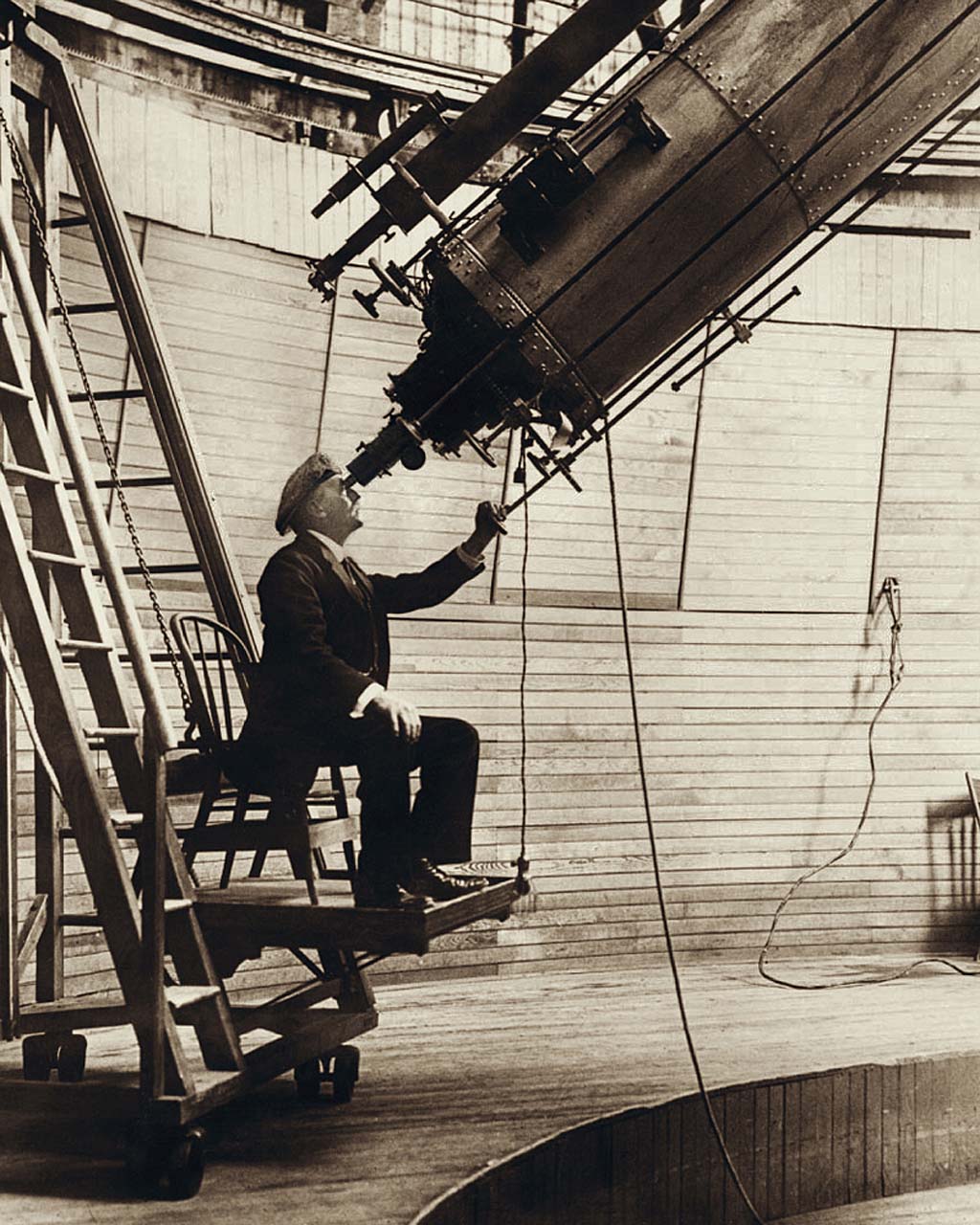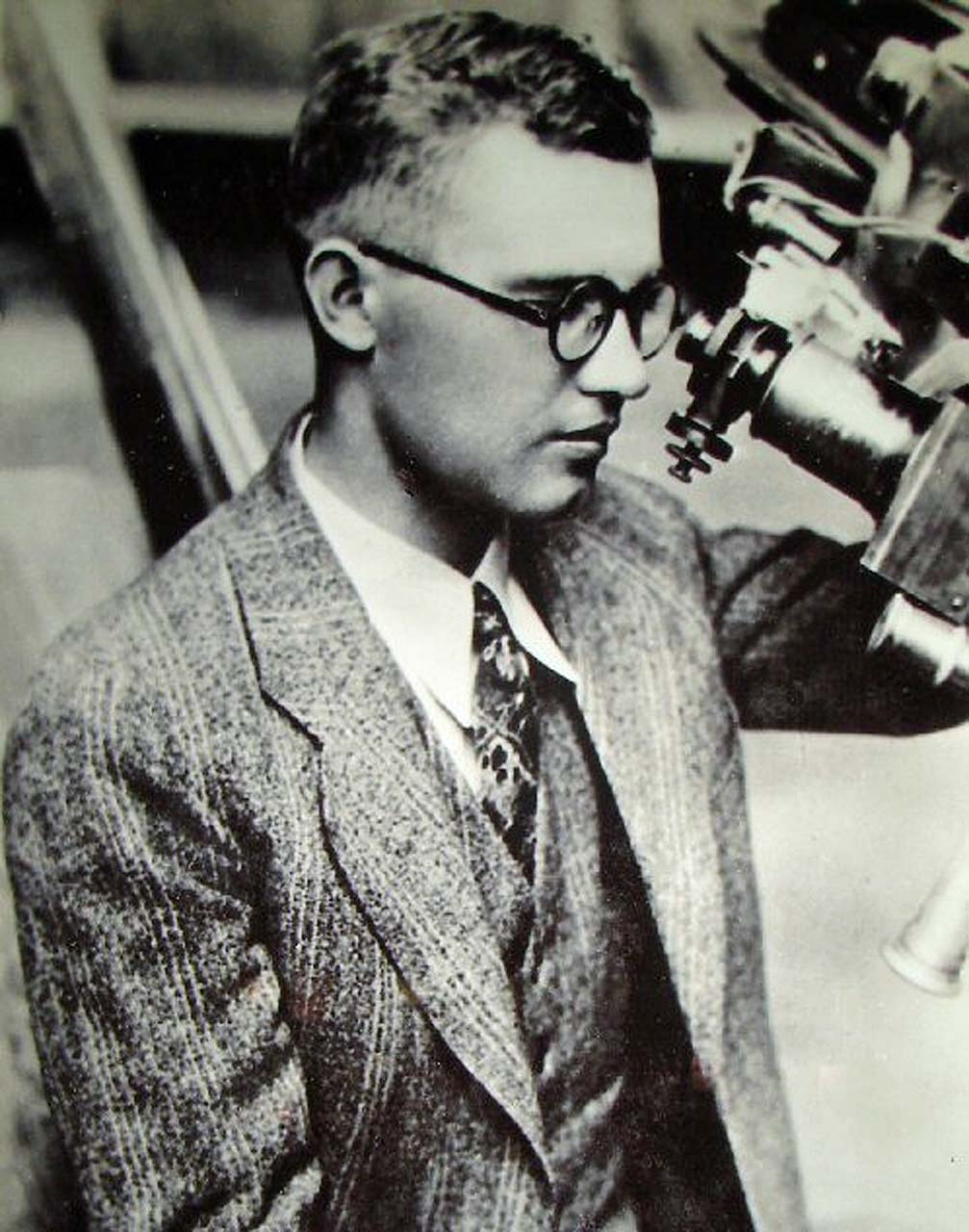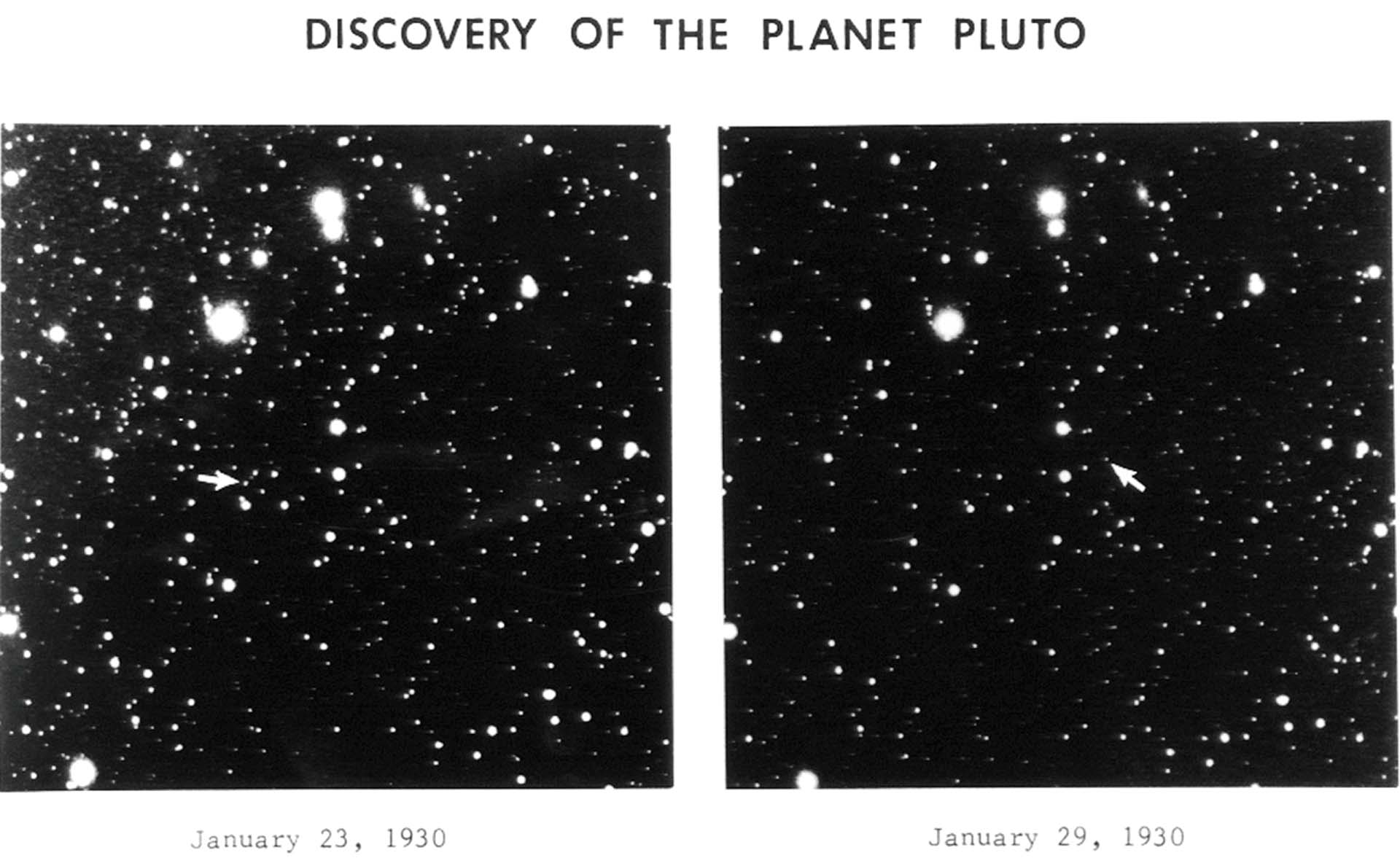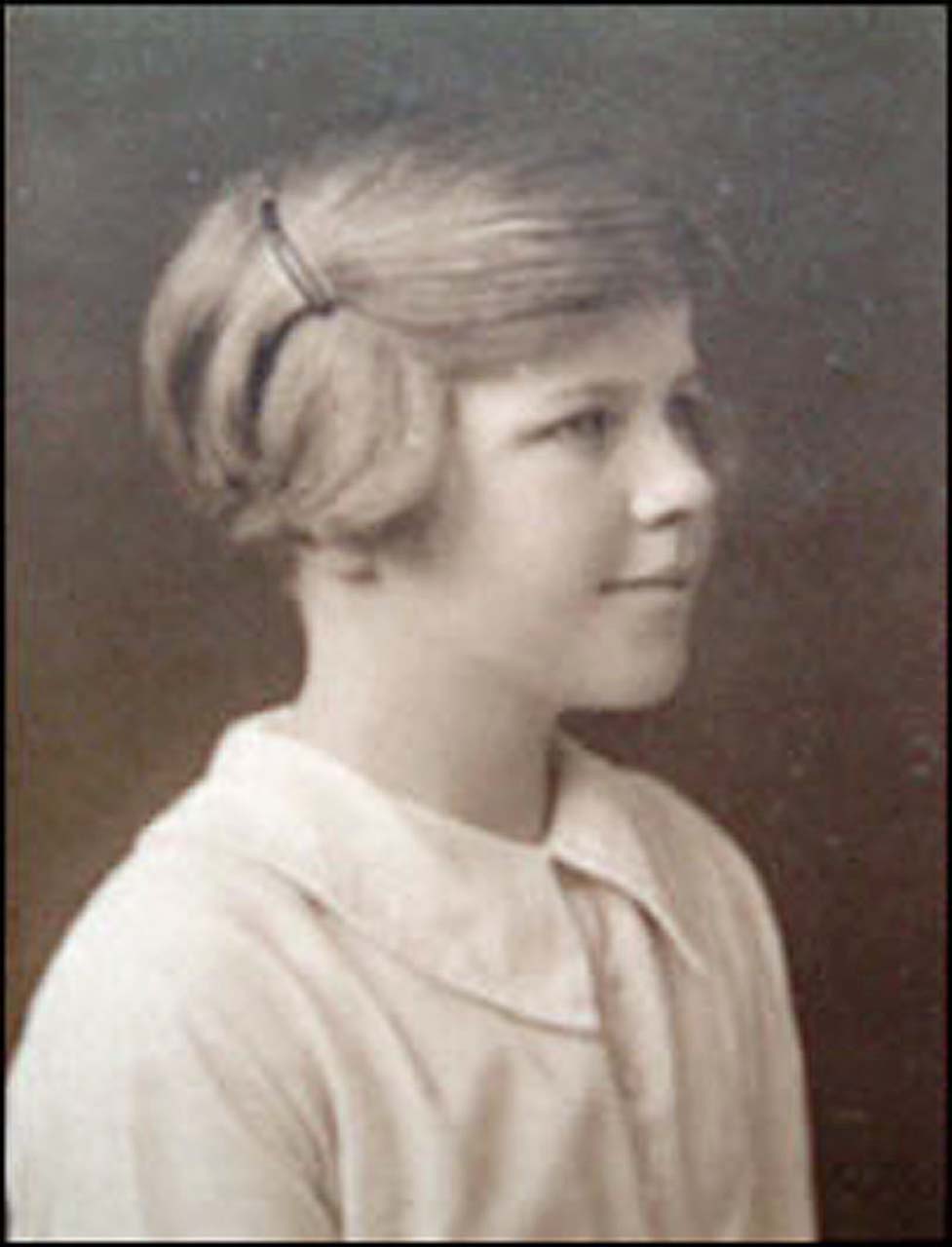The Discovery of Pluto

Astronomical observations of Uranus and Neptune in the late 19th and early 20th centuries revealed a slight discrepancy between the actual observed orbits and what the calculated theoretical orbits of these two planets should have been. American astronomer Percival Lowell (1855–1916) believed that these discrepancies were due to the influence of an undiscovered ninth planet that he called Planet X. Lowell searched for Planet X between 1906 and 1916, but was unsuccessful in his endeavors.

The task was taken up again by Clyde Tombaugh (1906–1997) in 1929. Tombaugh was an American astronomer working at the Lowell Observatory in Flagstaff, Arizona. Tombaugh’s technique was to take pictures of the same part of the night sky, but over two different dates. A comparison of the photographic plates would then reveal if any of the “stars” had changed position. Tombaugh reasoned that if one of the stellar objects had changed position in the relatively short time interval between the dates of the two plates, then it was not really a star. On February 18, 1930, Tombaugh discovered just such a moving object in a comparison of photographic plates that had originally been taken slightly earlier on January 23 and January 29, 1930. A new planet, to be named Pluto, had been discovered!

Increased accuracy in planetary observations coupled with more precise data on Neptune’s mass from the Voyager 2 spacecraft flyby in 1989 showed that the original concerns about deviations in the orbits of Neptune and Uranus were unfounded. They were simply the result of poor data and incomplete observations. There never had been a real reason to postulate the existence of a Planet X.
The Girl Who Named Pluto

The name Pluto was proposed by an eleven-year-old schoolgirl from England named Venetia Burney (1918–2009). Venetia, who had an interest in Greek and Roman mythology, suggested to her grandfather, Falconer Madan, that the new planet should be named Pluto because it was dark and far away, like the god of the underworld. Venetia’s grandfather, a librarian at Oxford’s Bodleian Library, passed on the suggestion to an astronomer friend of his. This astronomer, Herbert Hall Turner, in turn cabled the suggestion to the Lowell Observatory. Astronomers at the Lowell Observatory liked the suggestion, and Tombaugh’s newly discovered celestial body was officially named Pluto on March 24, 1930. Venetia received £5 as a reward for her suggestion.
